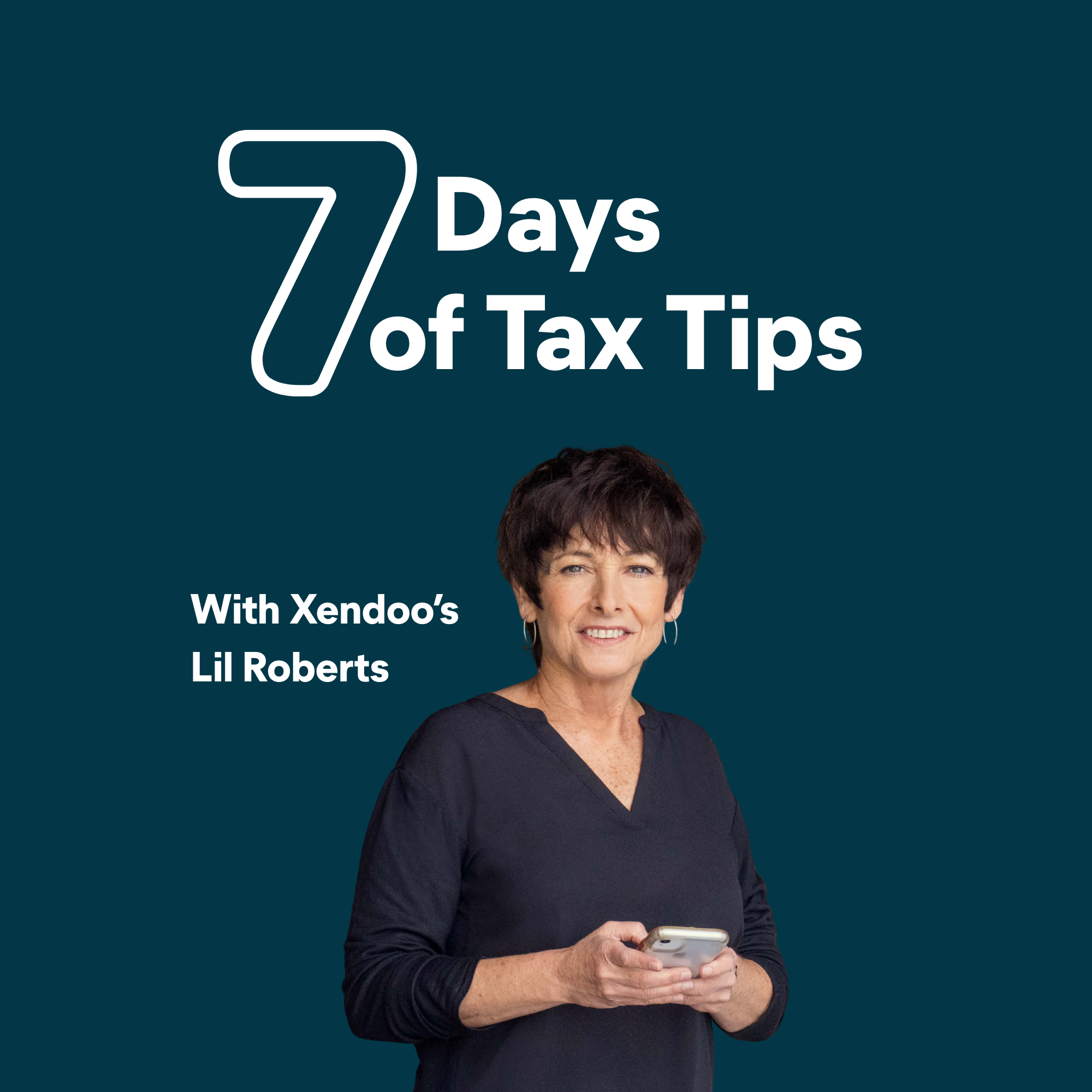What is Form 1099-Misc? This is the form that a business fills out for any freelancers or independent contractors that it hired. Copies of the form are sent to both the IRS and the contractor.
Who must file Form 1099-Misc?
If you paid freelancers or independent contractors a total of $600 or more during your tax year, you must report their income on Form 1099-Misc.
That payment could be in the form of cash, rent, exchange of services, prizes and awards, and just about anything else that has a monetary value.
What is the definition of an independent contractor?
Any individual or unincorporated business who is not directly in your employ, but rather hired on a contract basis to perform work, fits this definition. Unlike an employee, they are completely free to arrange their financial and work-life as they choose.
As the “gig economy” continues to grow, the IRS is looking more closely at businesses that misclassify an employee as an independent contractor in order to avoid tax liabilities and other employment costs. The penalties can be hefty, so if you’re in doubt, consult your tax professional.
Who doesn’t get a Form 1099-Misc?
Independent contractors hired through a third-party service may not need a 1099 if they are considered employees of the service. For example, freelancers hired through Upwork are employees of Upwork. Upwork pays them, and you pay Upwork for their services. Make sure you understand the tax filing status of each service you use before you get into a contract.
Payments to C-corporations and S-corporations are not reported on Form 1099.
When must Form 1099-Misc be filed?
Copy A to the IRS by January 31, 2020, either by mailing a physical copy or sending it electronically, if you are reporting payments in box 7.
If income is reported in any other box, mail Copy A by February 28, 2020, or file electronically by March 31, 2020.
Copy B to the independent contractor by February 15, 2019. You can mail a physical copy or send it electronically; but if you choose the latter, you must have the contractor’s consent and a verified method of transfer, such as an email address.
If income is reported in any other box, mail Copy B by February 18, 2020.
Can I get an extension?
No.
Where can I get a Form 1099-Misc?
Your tax preparer can take care of all that for you.
Or you can get the forms from the IRS website. Instructions are at irs.gov/pub/irs-pdf/i1099msc.pdf.
If you will be filing Copy A (IRS copy) by mail, you must order it to be mailed to you at irs.gov. DON’T download it from any website including the IRS site; it needs to be a scannable, physical document.
Copy B (contractor copy) can be either downloaded as a fillable PDF form on the irs.gov site.
What information do I need to fill out Form 1099-Misc?
- Contractor’s legal name
- Contractor’s address
- Contractor’s taxpayer identification number (or social security number if they are a sole proprietor)
- Account number if you have multiple accounts for a recipient for whom you are filing more than one Form 1099-MISC
How do I file Form 1099-Misc?
Postal mail: Send Copy A to the IRS and Copy B to the independent contractor.
Electronic filing: For information about submitting Copy A to the IRS, visit irs.gov/FIRE. For emailing Copy B to the contractor, use a service such as tax1099.com.
What else do I need?
For postal mail filing: Complete and submit Form 1096 (used for paperwork tracking) to the IRS by January 31, 2019. For electronic filing, this step is not necessary.
For the electronic filing: You need a Transmitter Control Code (TCC). Complete Form 4419 and mail or fax it to the IRS at least 30 days before the deadline for submitting Form 1099-Misc.
This brief overview does not cover all the complexities of filing Form 1099-Misc. For expert advice, please consult your xendoo tax expert.
[av_sidebar widget_area=’Blog Post Disclaimer’ av_uid=’av-om2w’]









